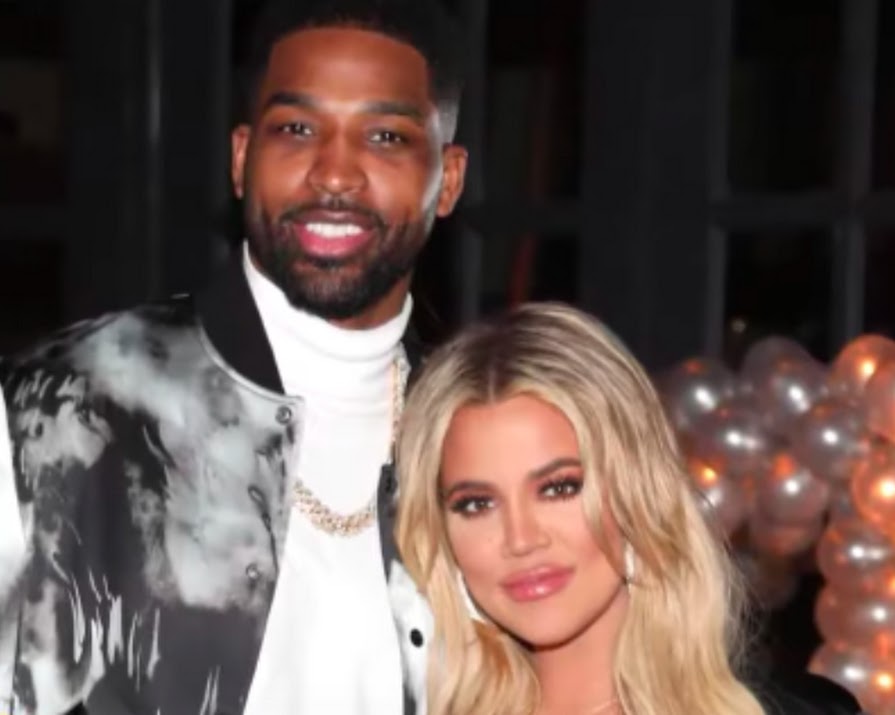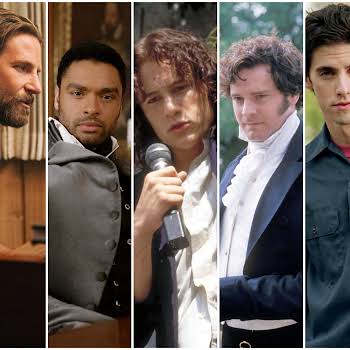By Lauren Heskin
25th Jun 2019
25th Jun 2019
It might be reality TV we usually pretend we aren’t watching, but the fall-out from the Kardashian’s incestuous circle, got us thinking about how the episode seemed targeted to emphasise the woman’s betrayal
Last night, E! aired the Keeping up with the Kardashians episode that the entire 16th season (yes, they are in their SIXTEENTH season) had been building towards – the fall-out of Khloe Kardashian’s boyfriend/baby daddy Tristan Thompson’s tryst with her sister Kylie’s best friend and then-housemate Jordyn Woods.
Yes, it’s quite the incestuous circle.
In case you were hiding under a rock back in February, word that 21-year-old Jordyn had gone back to Tristan’s house for a party, hung out, supposedly flirted and then kissed, spread so fast that within 24 hours it was covered by news outlets globally.
Hammer blow
Khloe and Tristan, who share a daughter together, had been rocky since he was caught with another woman the week that Khloe was due to give birth back in April 2018, but this incident seems to have been the relationship’s hammer blow.
But the interesting thing about this week’s episode and the portrayal of the drama was that it almost entirely focused on Jordyn. Much of the episode covered how hurt Khloe and the rest of the family were by her actions, as a friend and de facto family member. They get into murky, uncomfortable territory when the episode scrutinises how Khloe even paid Jordyn to be in a commercial for her clothing line. As if this means Jordyn owes her more loyalty than that a “good friend”.
A friend making moves on your partner is 100% shady, but let’s face it, your partner is most at fault here.”
Tristan’s betrayal, on the other hand, is quickly dealt with and then shelved. Yeah, there are a few cursory swear words thrown his way by the sisters but even when they explain Tristan’s admission of guilt, it’s used as a tool to prove that Jordyn really did it too.
At one point, Khloe screams “These b*tches think they can f*ck our men,” at her sisters. A friend making moves on your partner is 100% shady, but let’s face it, your partner is most at fault here.
Khloe is more than entitled to her anger at both parties, but the entire production of the episode seemed targeted to emphasise Jordyn’s betrayal. It opens with Khloe showing Kylie and Jordyn around her house explaining the renovation she’s planning – a way of noting just how “close” these two were. Later, as the drama unfolds, every conversation revolves around Jordyn’s actions.
Donald Trump, again
“She stayed at his house until 7am.” “She had her legs in between his.” There is almost no contextualisation of his actions.
This isn’t just a problem that belongs within the land of reality TV either. Donald Trump certainly seems to fit in with the description.”
Is it just because he’s done it before? Is it because he’s a guy and we hear far more about men cheating on their partners than we do women becoming traitors to their friends? This isn’t just a problem that belongs within the land of reality TV either.
Donald Trump certainly seems to fit in with the description. This week, columnist E. Jean Carroll wrote movingly about how Donald Trump raped her in the changing rooms of Bergdorf Goodman in the 1990s. It’s the 15th creditable accusation against the US President, yet it barely made a blip on the weekend news cycles. New York Times actually reported it in their books section (the excerpt comes from Carroll’s upcoming book).
It didn’t even make the main home page until later in the weekend. (Since then, readers accused the newspaper of downplaying the story and earlier today executive editor Dean Baquet said “we were overly cautious” in the handling of a prominent writer’s allegations against the president.)
#MeToo movement
Perhaps it’s a negative blow-back of the #MeToo movement – we’re so accustomed to hearing about how sexual assault and how shady men in power can be that we’re desensitised to it. This is a dangerous path to venture down.
As a TV show that is (sadly) defining the culture, the approach of the KUWTK production team to the entire scenario – spending 40-odd minutes disparaging a 21-year-old woman and less than five talking about the disloyalty of a romantic partner – is incredibly disappointing.
Pervasiveness should not be confused with acquiescence. We may be mocked for being the “outrage generation” but without it we lose a major tool for change. Maybe the only one women have at the moment.























